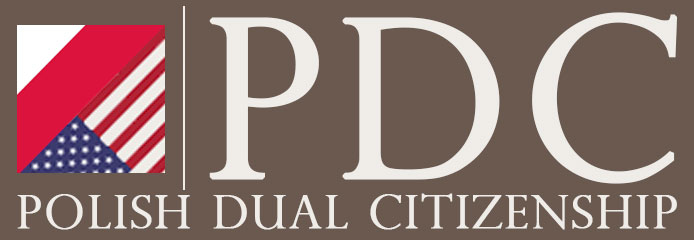Learn Polish and Other European Languages
Learn Polish and Other European Languages: How to Become a Citizen of the World

Learning new languages is like finding a key to a whole new world. Europe has many languages, each with its own sounds and ways to share ideas. Italian sounds smooth and musical. German is clear and organized. And Polish might feel tricky at first, but it’s fun once you start. When you learn a language, you also learn about the people who speak it. You might find out about their stories, music, or holidays as you learn. For example, German can teach you fairy tales like “Hansel and Gretel,” and Italian can teach you about opera. Learning a language isn’t just about talking: It’s also about discovering how people live.
One fun thing about learning European languages is seeing how they’re connected. Spanish, French, and Italian all come from Latin, so they have a lot of similar words. This can make it easier to learn more than one language. It’s kind of like solving a puzzle where each piece helps you with the next. Once you know one language, picking up another from the same group becomes easier because you’ll already know some of the words and patterns.
Learning a European language also makes traveling more fun. When you know the local language, you can read signs, talk to people, and explore places that tourists might miss. You might find small local bakeries, festivals, or family-run restaurants that aren’t in guidebooks. Speaking the language also shows respect for the culture and can lead to warm conversations and new friends. It can turn a trip into an adventure you’ll never forget.
Of course, learning a language can be tricky. Some grammar rules might seem strange. For example, Polish changes the endings of words in different ways, and German or French nouns have genders you need to remember. Pronunciation can also be hard. Spanish has a rolling “R,” and Polish uses a bunch of sounds that don’t even exist in English. These things might be tough to learn at first, but if you apply yourself, practice often, and listen to native speakers, they get easier.
The good news is there are lots of tools to help you learn a new language. Apps like Duolingo and Babbel can make learning fun with games and activities. Online dictionaries and videos can explain tricky grammar rules in simple ways. And if you want to practice with real people, there are tutors and language exchange programs where you can talk with native speakers. With so many resources, learning a European language can be easier and more fun.
Polish
- A Foreigner’s Guide to the Polish Alphabet
- A Self-Study Guide to Learning Polish
- Polish for Dummies Cheat Sheet
- Teach Yourself Polish
- Polish Spelling Game
- Polish Culture, Traditions, and Language Manual
- Polish Citizenship by Descent
- Polish Familiarization and Training
- Basics of the Polish Language
- How to Get Polish Citizenship
French
- French Alphabet Sounds and Pronunciation
- French Dialogue Practice
- French Self-Study Guide
- French Pronouns Made Easy
- The Complete Idiot’s Guide to Learning French
- Introducing Yourself in French
- Describing People and Objects
- Test Your French Level Online
German
- Basic German Grammar Workbook
- German Alphabet With Audio and Pronunciation Guide
- German Vocabulary List
- German Greetings and Essentials
- Learn German the Fast and Fun Way
- German Vocabulary Duck Shoot Game
- A Brief Introduction to the German A1 Level
- Basic German Test
Russian
- Beginner’s Guide to Russian
- Russian Alphabet
- Complete Russian Course for Beginners
- An Overview of Russian’s Case System
- Russian Subject Pronouns
- Russian Adjectives and Cases
- Learn the Russian Numbers
- Russian Dialogue Practice Bot
- Russian Vocabulary Quiz
Italian
- Beginner’s Guide to Learning Italian
- Basic Italian Grammar and Vocabulary
- 50 Basic Italian Words, Phrases, and Expressions to Master
- Greetings and Basic Phrases
- Italian Alphabet Pronunciation: How to Say Each Letter
- Italian Alphabet With Pronunciation
- Learn Italian in 30 Minutes
This page was last updated by Marco Permunian


